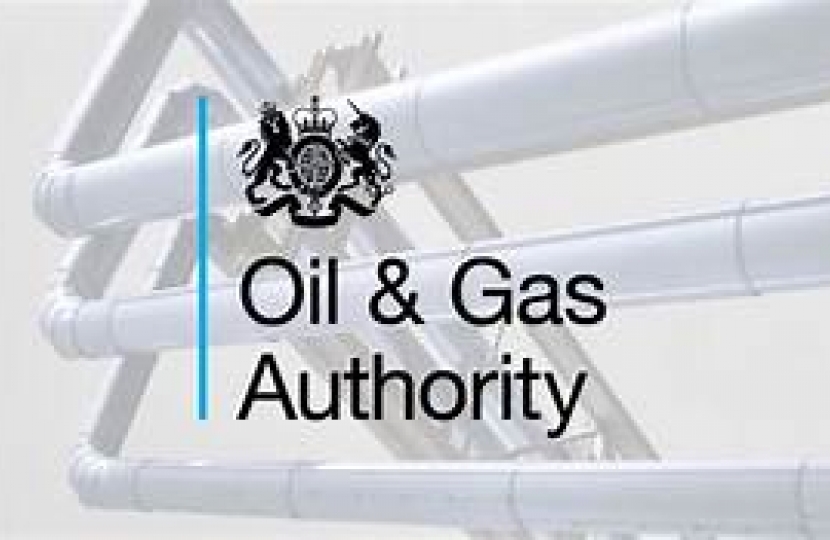
Yesterday, I held a meeting with the recently appointed Chairman of the Oil and Gas Authority, Tim Eggar, specifically to discuss OGA’s regulatory remit regarding the Horse Hill Oil exploration site, in the light if the impending decision by Surrey County Council whether or not to grant planning permission to enable UK Oil and Gas (UKOG) to produce oil from the well over the next twenty-five years.
I was particularly keen to better understand the extent of OGA’s regulatory role and how it fits in with that of the Environment Agency. I also pressed upon Mr Eggar the need for British Geological Survey (BGS) earthquake monitors to be kept in place for the foreseeable future in order to confirm that oil well activity is not linked to local seismic movements after commercial production has started, and questioned him about the nature of financial due-diligence conducted on oil companies prior to their receiving a license to operate such sites. I also requested clarification on the obligations of (non-fracking) operators to provide compensation to local residents from production revenue.
On the issue of the importance of UK fuel security and the target of Net Zero Green House Gas Emissions by 2050, we discussed the Committee on Climate Change Report dated May 2019 and the following abstract is relevant to the future energy mix.
'A diverse energy mix contributes to maintaining security of supply. The more reliant the UK is on imported fuels, the more exposed the economy is to price fluctuations. Achieving a net-zero target would enhance the UK’s energy sovereignty by reducing demand for imported fossil fuels, and provide a hedge against price volatility and the associated risk of damaging economic impacts:
UK consumption of petroleum products was 752 TWh in 2017 and net imports were 121 TWh. UK oil production, like natural gas, is projected to continue its decline from 592 TWh in 2017 to around 130 TWh in 2050 (a 78% reduction).
Our net-zero scenarios result in a reduction in oil consumption of 82% by 2050 (reaching around 140 TWh). This suggests that a net-zero target is likely to reduce the UK's oil import dependency relative to a high-carbon world.'
This affirms that we will continue to need domestic hydrocarbon supplies in the coming 25 years both to ensure UK fuel security and also to provide for industrial need for oil but balanced out by other changes contributing to a net zero outcome.
I am expecting OGA to provide me with more detailed responses in the near future and I will share these when received.
More information about OGA can be found at https://www.ogauthority.co.uk/
 1920x320_itok-NfHKlbJW.jpg)